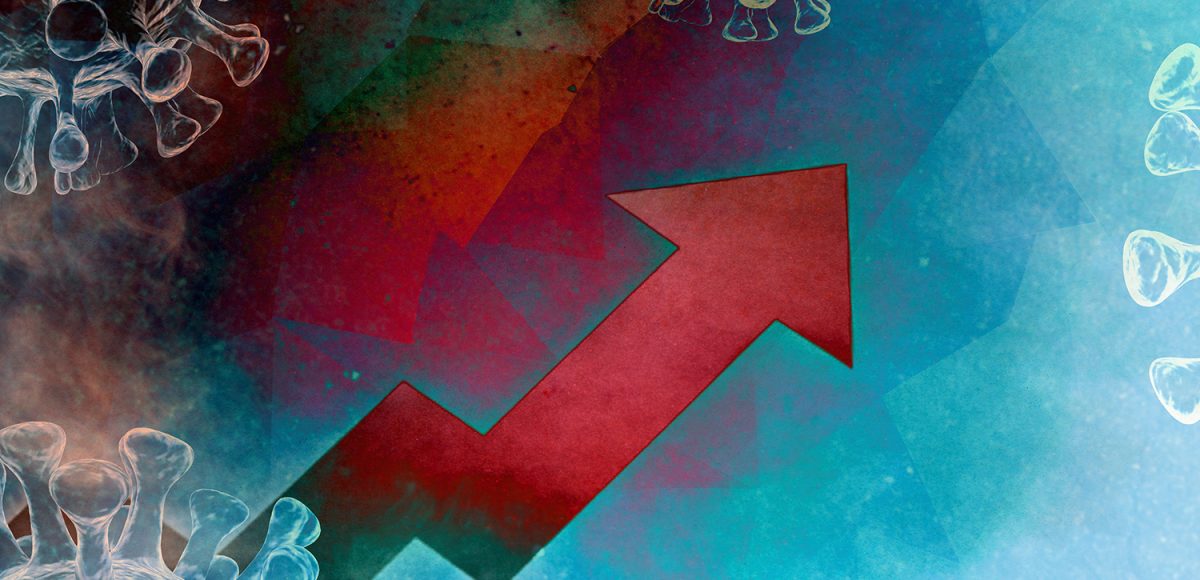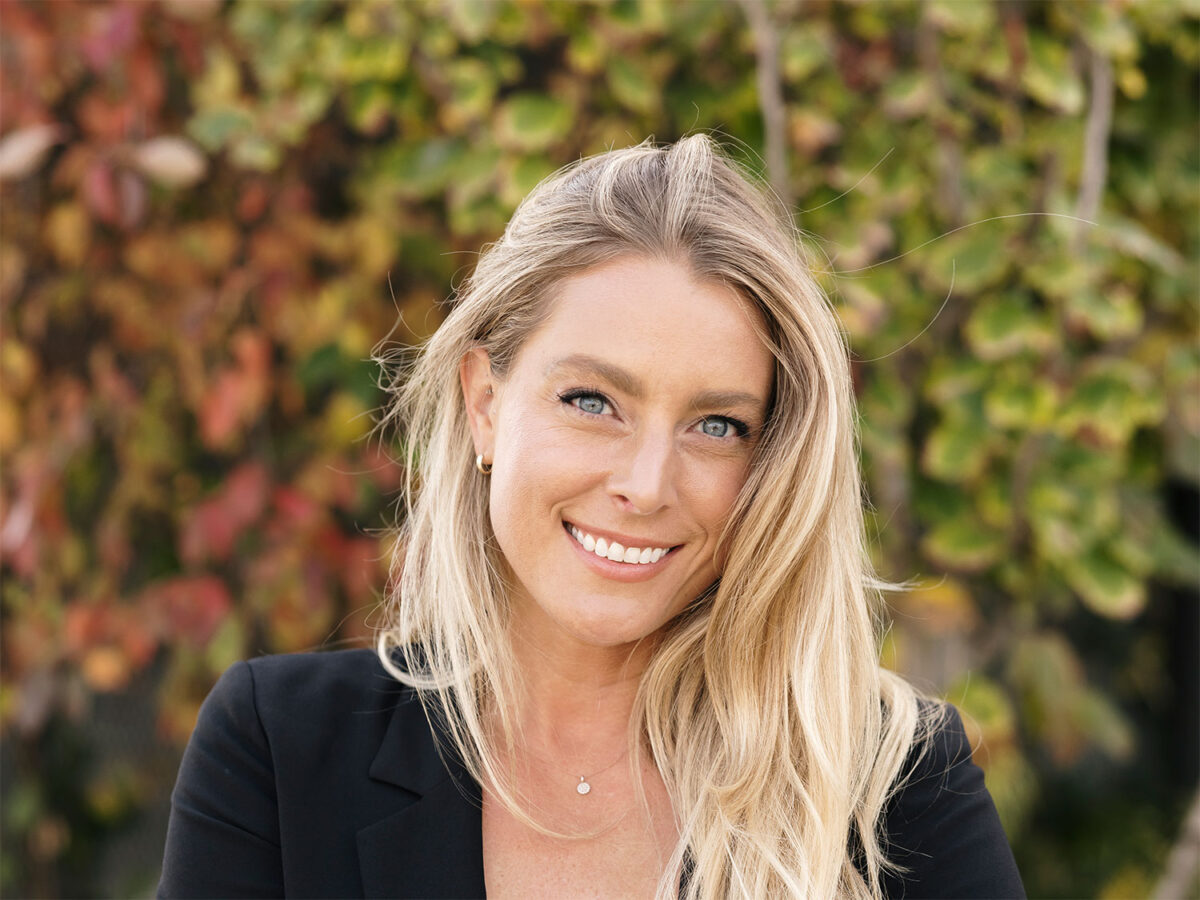Los Angeles County continues to make headlines, becoming the epicenter of the COVID-19 pandemic in the state. The Los Angeles County Department of Public Health (Public Health) has confirmed 274 new deaths and 10,392 new cases of COVID-19 as of Dec. 30. In Beverly Hills, there have been 1,575 cases of COVID-19 and 14 deaths. To date, the agency has identified 756,116 positive cases of COVID-19 across all areas of L.A. County, and a total of 10,056 deaths.
“The situation we’re currently facing is very alarming and frankly, the alarm was pulled over a month ago, but people did not heed that warning,” said Los Angeles County Supervisor Hilda Solis during a Dec. 28 briefing. “One person is dying of COVID-19 every ten minutes in LA County. These are figures that can’t be normalized.”
On Dec. 30, Public Health Director Barbara Ferrer said the county is now averaging about 150 COVID-19 deaths per day, nearly equivalent to the number of people who die of all other causes in the county on a daily basis.
On Dec. 29, the state’s Health and Human Services Secretary, Dr. Mark Ghaly announced that the Regional Stay-at-Home Order was formally extended for the Southern California region. The Order initially took effect at 11:59 p.m. Dec. 6 and was set to expire Dec. 28. The order was not extended for any specific timeframe, but the region can emerge from the stay-at-home order when ICU capacity rises above 15 percent. Southern California region’s current ICU capacity is zero percent, and health officials anticipate case numbers and hospitalizations to continue to rise through Jan., based on gatherings that likely occurred for Christmas and will again for New Year’s Eve. Anticipating the state’s action, Los Angeles County extended its local stay-at-home order on Dec. 27, which mirrors the state’s restrictions. Broadly, the Order prohibits gatherings of people from different households.
The following sectors remain closed under the Order: indoor and outdoor dining, personal care services, cardrooms, wineries, breweries, distilleries, museums, zoos, aquariums, movie theaters, amusement parks, live audience sports and family entertainment centers. Retail remains limited to 20 percent capacity.
On Dec. 29, Governor Newsom said 96 percent of Los Angeles County hospitals diverted ambulances to other facilities over the weekend due to overcrowding in emergency rooms. County hospitals are increasingly unable to find room for emergency patients coming in.
On Dec. 30, Public Health confirmed the highest number of hospitalizations reported in a day with 7,181 people currently hospitalized due to COVID-19. Of the 7,181 people currently hospitalized with COVID-19, 20 percent of them are in Intensive Care Units. The number of daily hospitalizations saw an increase of nearly 1,000 percent from just two months ago, when the County had 750 COVID-19 hospitalizations on Oct. 29. For context, the current number of hospitalizations is more than triple of the July surge where 2,232 people were hospitalized with COVID-19.
As the frightening surge in COVID-19 continues, on Dec. 28 Public Health announced that everyone who has traveled out of the county is required to quarantine for 10 days upon returning. According to Public Health, the best way to safely quarantine is to not leave your home or allow visitors, and to find others who can help you buy groceries and other essential necessities.
Health officials continue to stress that it is important if someone thinks they could be positive for COVID-19 and are awaiting testing results, to stay at home and act as if they are positive. This means self-isolating for 10 days and 24 hours after symptoms and fever subside. If a person has a positive lab result for COVID-19, expect a public health specialist from L.A. County Public Health to contact them by phone to interview about possible exposures and to identify others who may have also been exposed to the infection. The information is protected and cannot be shared with others except in emergency situations. Public Health has a dedicated call line for confirmed cases of COVID-19.
If someone is positive for COVID-19 and has not yet connected with a public health specialist or needs more information on services, call toll-free at 1-833-540-0473. Residents who do not have COVID-19 should continue to call 211 for resources or more information.







